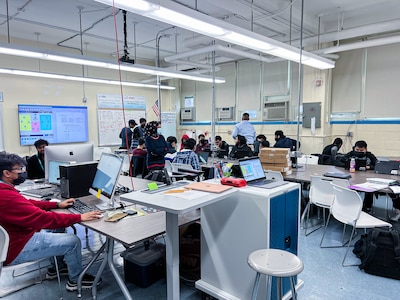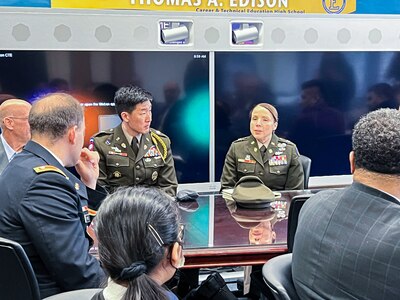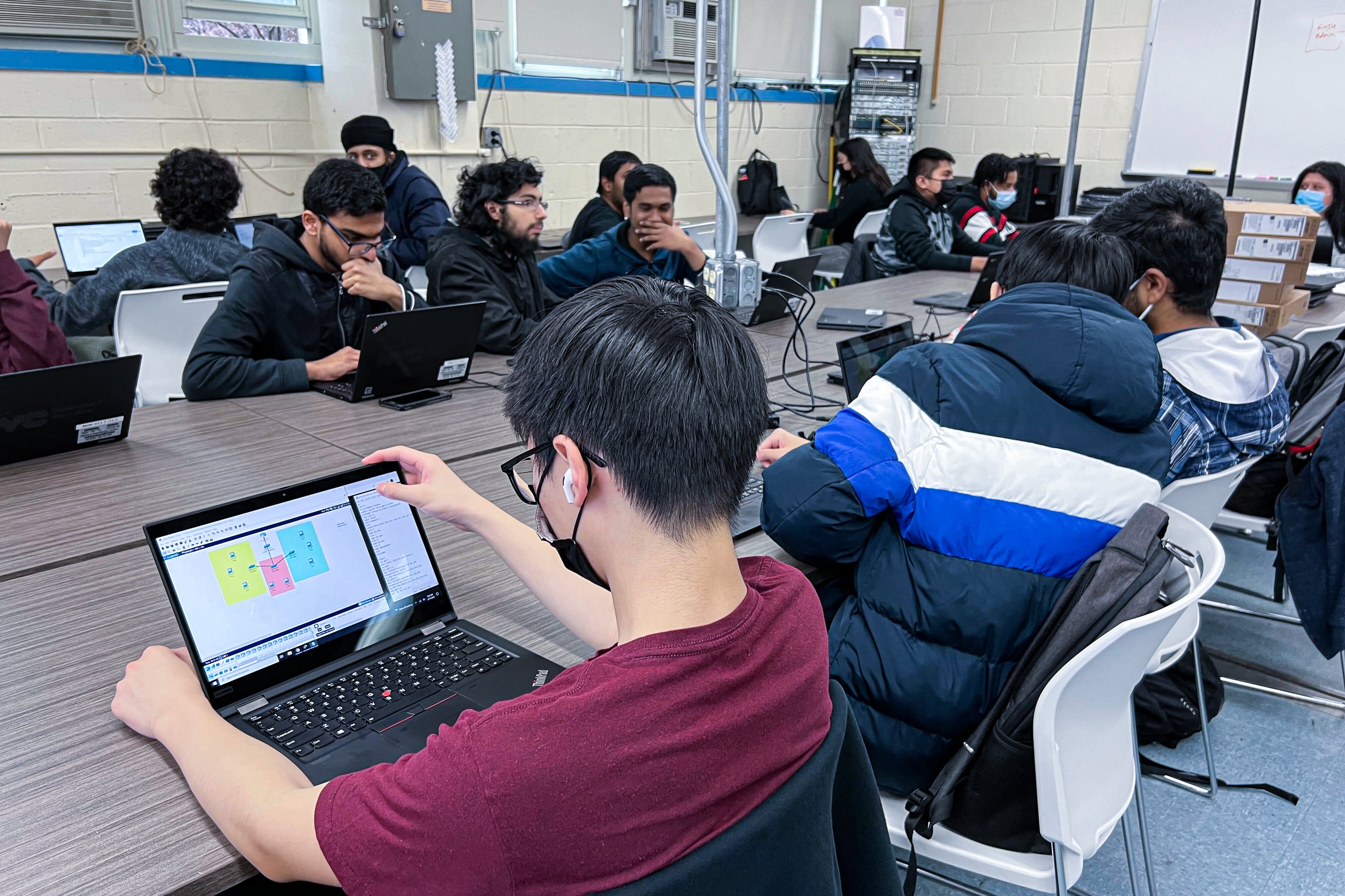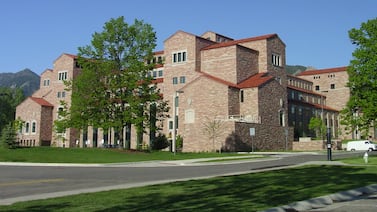Jessica Baba, 15, knows little about computer science. But by next fall, she hopes to be one of a relatively few students across the country to learn how to protect the United States against cyberattacks.
Jessica, a freshman at Thomas A. Edison Career and Technical Education High School in Queens, will learn about the complex systems and principles around cybersecurity through the school’s Junior Reserve Officer Training Corps, known as JROTC.
The long-running JROTC is a military-backed “character development” high school curriculum where students learn about citizenship and leadership skills, as well as Army basics such as commands and salutes. Students are not required to enter military service upon graduation.
Starting this September, Jessica’s school will be one of two in New York City and one of 12 across the country to tie this program to a four-year curriculum about cybersecurity, which aims to set students up for careers in cybersecurity as the sector sees a worker shortage.
“I don’t know much about computer science and cybersecurity; I know it’s something that’s very important to this country and it’s also important to all countries because we live in a very digital age,” Jessica said. “And so I thought that would be interesting — at least it would be a skillset that would be valuable.”
The school, which offers 13 career and technical education pathways that students can pursue, is well positioned to take on the new program, school officials said. They’ve offered coursework in cybersecurity for three years, now officially one of their CTE pathways. Now, linking it with JROTC means that students will get both the “industry” side of things and also learn from Army officials who are working “behind the scenes” to curb cyberattacks, said Moses A. Ojeda, the school’s principal. Students still can opt to take JROTC on its own, too, Ojeda said.

The program is coming together as Mayor Eric Adams and Schools Chancellor David Banks have discussed expanding CTE programs in the city.
“When your kid comes out of here, imagine them being able to say, ‘Hey, I know how to protect a company’s infrastructure, but at the same time I also know what it takes to protect if I were to work in the Army,’” Ojeda said.
Any student can join JROTC, which works like an elective course, and can specifically choose to do the cyber program. Once they’re enrolled, students will learn about various facets of cybersecurity, such as protecting, securing and destroying data, and risk management, in addition to the ethical guidelines of the field. They’ll also learn to program in various languages, including Python and Java.
The school submitted an application to federal officials overseeing JROTC last year to open the program but was initially denied. Wayne Benjamin, a retired lieutenant colonel and an assistant principal who is a member of the principal union’s military veterans committee, appealed directly to federal officials to give the school another shot, he said. They presented their case for why it would be a good fit – primarily because they already had experience in offering cybersecurity coursework – and were approved in July.
Currently, the school has budgeted about $300,000 over the next two years for the program, which covers costs like staff, according to Noah Angeles, the head of the principals union’s military veterans committee. Angeles initially pushed the school to pursue the opportunity and advocated to get city funding for the program. The city will front the startup costs, and half is expected to be covered by the federal government, Angeles said.
The school must fund the city’s portion on its own going forward, which Angeles said will involve raising private money. They’ve also “hustled” to save money: instead of ordering new books for the program, Benjamin drove to Fort Dix in New Jersey to grab “hundreds” of books.
To commemorate the program, four-star General Paul E. Funk II, who is based at Fort Eustis in Virginia, toured the school Thursday. Funk brought two high-ranking Army officers from New York City to show students that it’s possible for them to make a career of JROTC.
Yesenia Hutcher, who grew up in Flatbush, Brooklyn, told students about joining her high school’s JROTC program and her desire to join the armed forces. Those plans changed after her father died during her senior year of high school, leaving her to pause her plans and help support her family. She eventually enlisted in the Army and after multiple tours, rose to colonel – one of two Hispanic females in that high-ranking position, according to Funk.

“It’s important to have people that are reflective of our communities at the senior level, that are representative of our communities, that are looking to speak up and help influence institutional policies that are put in place,” Hutcher told students and staff. She said her military job enabled her to build savings and buy property.
That story stuck with Bianca Roman, who recently joined the JROTC program and shares some similarities with Hutcher: they’re both Hispanic New Yorkers, very interested in the Army, and have single mothers. At the end of the event, Hutcher shared her email address with Bianca, who wanted to chat about possible jobs in the Army and what might be a good fit for her.
“We come from very humble backgrounds,” Roman said. “When we came here, we just went up and we started helping our family. It’s still been a really rough road, but we’re getting by, and I also wanna do my part and do my share to help everyone in my family.”
Reema Amin is a reporter covering New York City schools with a focus on state policy and English language learners. Contact Reema at ramin@chalkbeat.org.






